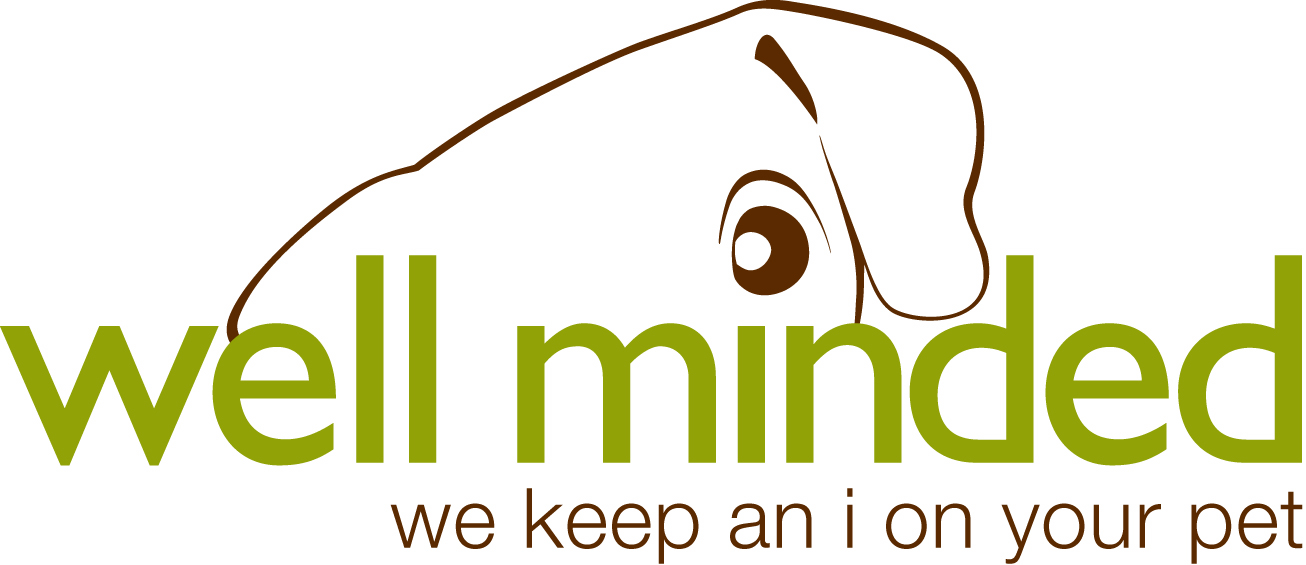Have you gone gluten-free? These days, it seems like nearly everyone has, and I'm still not entirely sure why. Gluten seems to be the new devil, and people are eliminating it from their diets regardless of whether they are intolerant. This trend is now trickling down to our dogs, so I thought we'd take a closer look at whether or not going gluten-free is a good thing for our pups.
First of all, do we know what gluten is? The Jimmy Kimmel Show (bomb!) hit the streets and asked health enthusiasts about it in his "pedestrian question" segment.
If asked this question, would you have been able to answer correctly?
I would have flubbed it. Though I know the definition, I feel like it's sort-of morphed into this diet-craze thing that has become ultra confusing. While gluten can be a real problem for people with celiac disease, we're only just now learning about "gluten intolerance," something I would guess would be more of a "processed food issue," but perhaps it's simpler to peg it on gluten.
So what is gluten? You still don't know? Me either. I'm confused.
Let's clarify.
Gluten is a protein found in wheat and some grains, including barley and rye. It provides elasticity to dough, giving it a chewy texture.
Bam.
And then I did some research.
is gluten all that bad for us or for our dogs?
Unless one has a sensitivity to gluten, it is neither particularly good (except for the fact that it is a source of protein) or bad for you. In humans, gluten sensitivity manifests in the digestive tract, causing stomach upset or bowel irregularity. The same holds true for dogs, but the most common and outward sign in the canine variety is poor skin condition. If your dog has itchy, dry skin, or maybe even a few bald spots, it could be due to a number of things, but gluten may be the culprit.
That being said, have you considered your climate or checked for fleas? Poor food quality (whether or not the food includes gluten) is the most common reason for these issues.
how common is canine gluten sensitivity?
True gluten intolerance is actually pretty rare in both humans and dogs. PetMD states that "in a study of 278 cases of food allergy in dogs where the problem ingredient was clearly identified, beef, dairy, chicken, egg, lamb, soy, pork, and fish (none of which contain gluten) were responsible for 231 combined cases. Wheat, which contains a lot of gluten, was only involved in 42 cases."
Hmmmm.
The scoop on gluten-free dog food.
As people become more interested in a gluten-free diet, the trend has trickled down to our dogs. Gluten is commonly in dog food as a binding agent. If your dog is experiencing tummy trouble or poor skin quality, it certainly doesn't hurt to try a gluten-free dog food and see if symptoms improve. If they do–great! Gluten-free dog food is readily available and becoming even more-so, so it's fairly easy to give it a try.
Gluten-free dog food is often a higher-quality food with meat being the only source of protein. For this reason, gluten-free dog food is usually more expensive. Very inexpensive, poor-quality dog foods will typically contain a lot of grain as a filler since grain is much less expensive than meat. As with the foods we feed our human family members, it's important to read the ingredient list on your dog's food. If your dog is truly gluten-intolerant, you'll probably be saving money on veterinary bills by putting him on a gluten-free food, but, if not, you may be spending extra unnecessarily.
is "grain-free" and "gluten-free" the same thing?
Grain-free dog foods are just that–free of any grain. Gluten-free dog food may or may not contain grain. Since gluten is only present in some grains (the most common being wheat, barley, and rye), a gluten-free dog food will be free of those grains, but may contain other grains that do not contain gluten. In summary, a gluten-free dog food might be grain free, while a grain-free dog food will definitely be gluten-free.
Is your head spinning? Mine, too. Just remember:
GRAIN-FREE = GLUTEN-FREE
GLUTEN-FREE may or may not = GRAIN FREE
how to make the transition.
Any time you switch your dog's food, it's important to make the transition slowly for two reasons.
1. Your dog will likely be more accepting of the new food.
2. Your dog's digestive system will have time to ease into the new situation, which is especially important for dogs with sensitive tummies.
I suggest a 1/4 over 4 days formula, which will gradually transition your pet over the course of 12 days. You'll switch 1/4 of your dog's food to the new food for four days, then increase the amount of new food by 1/4 every four days. It looks like this:
the bottom line.
If your dog experiences tummy upset or suffers from poor skin quality, it certainly can't hurt to try a gluten-free dog food. Regardless of whether your dog is gluten-free or not, it is important to research the ingredients in your pet's food and choose a high-quality option.
Is your dog gluten-free? Please share your story!
YOU MIGHT ALSO ENJOY:
how turmeric can benefit your pooch




















